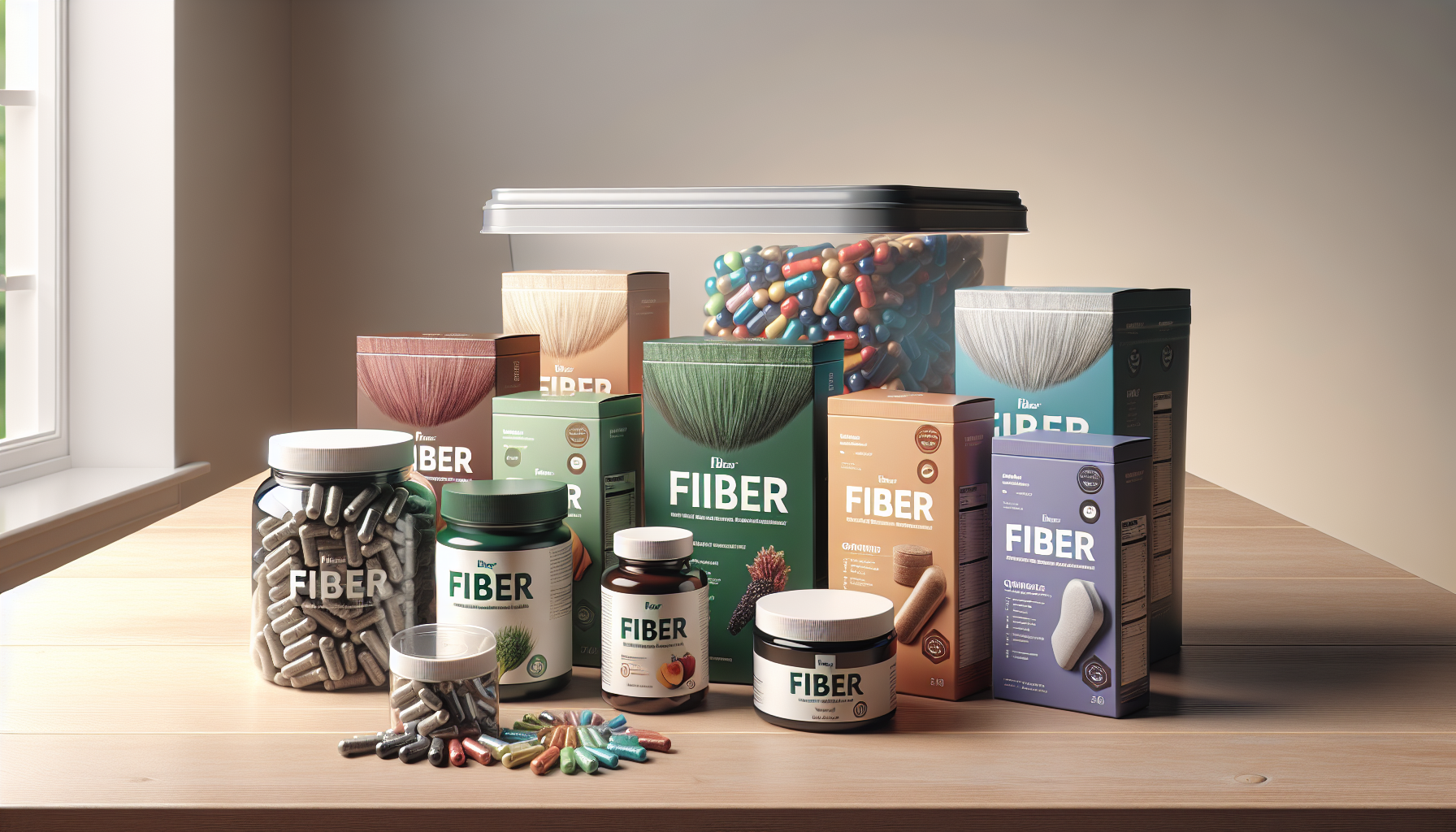Dietary fiber is a critical component of a healthy diet, known for its significant benefits in maintaining digestive health and preventing various chronic diseases. However, the role of fiber extends beyond just aiding digestion. It plays an integral part in a comprehensive supplement regimen, offering a multitude of health benefits that cater to overall well-being. In this article, we delve into the importance of dietary fiber, its sources, and how to effectively incorporate it into your supplement routine.
The Fundamentals of Dietary Fiber
Dietary fiber refers to plant-based nutrients that are not digested by gastrointestinal enzymes but have profound effects on health. There are two primary types of dietary fiber – soluble and insoluble. Soluble fiber dissolves in water to form a gel-like substance, which helps lower blood cholesterol and glucose levels. Insoluble fiber, on the other hand, helps bulk up the stool and aids in passing food through the digestive system, reducing the risk of constipation.
The benefits of dietary fiber are far-reaching. It has been associated with a reduced risk of heart disease, controlled blood sugar levels, weight management, and even a lower risk of colorectal cancer. For detailed insights into cardiovascular health and the role of dietary fiber, visit Avix Health’s section on cardiovascular health.
Sources of Dietary Fiber
The best sources of dietary fiber are whole foods, including fruits, vegetables, whole grains, legumes, nuts, and seeds. However, due to dietary restrictions or preferences, many people may not get an adequate amount of fiber from their diet alone. This is where fiber supplements come into play. They are available in various forms such as powders, capsules, and chews.
While these supplements can help in meeting the daily recommended intake of fiber, it’s essential to incorporate them thoughtfully into your diet. For a comprehensive understanding of how to balance supplements with whole foods, the article on Balancing Medication and Supplements with Holistic Health Practices can provide valuable guidance.
Integrating Fiber Supplements into Your Diet
When considering fiber supplements, it’s crucial to start slowly and increase the intake gradually to prevent gastrointestinal discomfort. Begin with a small dose and monitor your body’s response before consuming higher amounts. It’s also important to drink plenty of water, as fiber works best when it absorbs water, making your stool soft and bulky.
Integrating fiber supplements into your regimen requires careful consideration of timing and form. Some fiber supplements may interfere with the absorption of certain medications and other supplements. Therefore, it’s advisable to consult with a healthcare provider, who can guide you on the best practices for supplement combination and timing. You can also refer to the article on Strategies for Safe Supplement Combination for more information.
Fiber’s Impact on Health Conditions
Fiber’s role in managing and preventing diseases is significant. For individuals with conditions such as irritable bowel syndrome (IBS) or diabetic neuropathy, fiber supplements can offer relief and improved quality of life. Moreover, fiber’s effect on the gut microbiome has been linked to better immune function and reduced inflammation.
To support these points, niche resources such as The American Society for Nutrition and The International Foundation for Gastrointestinal Disorders provide in-depth research and articles about fiber’s impact on specific health conditions and its overall benefits.
Potential Challenges and Considerations
While fiber supplements are generally safe, they are not devoid of side effects or interactions. Excessive intake can lead to bloating, gas, or more serious issues like intestinal blockages. It’s also essential to be aware of any potential interactions with medications you’re taking.
For those with specific dietary needs or restrictions, it’s worth exploring the article on Personalized Nutrition: The Intersection of Diet, Supplements, and Health which emphasizes the importance of tailoring dietary intake, including fiber, to individual health goals and conditions.
Practical Tips for Enhancing Fiber Intake
Here are some practical tips for enhancing your dietary fiber intake:
- Start your day with a high-fiber breakfast, such as oatmeal or a bran cereal.
- Replace white bread, pasta, and rice with their whole-grain counterparts.
- Snack on fiber-rich foods like nuts, seeds, and raw vegetables.
- Add legumes such as beans, lentils, and chickpeas to soups, salads, and stews.
- Consider a fiber supplement if you’re unable to meet the recommended intake through food alone.
Conclusion
Dietary fiber is a vital element of a well-rounded supplement regimen, contributing to various aspects of health, from digestion to chronic disease prevention. Incorporating the right amount and type of fiber, in conjunction with a balanced diet and lifestyle, can lead to significant health improvements. As with any dietary change, it’s essential to seek advice from healthcare professionals and rely on reputable sources for guidance.
For additional reading on the subject, explore the Harvard School of Public Health’s resource on fiber and the Mayo Clinic’s comprehensive guide to high-fiber foods.
Remember, dietary fiber supplementation should be a part of a holistic approach to health, complementing a diet rich in whole foods and an active lifestyle.



